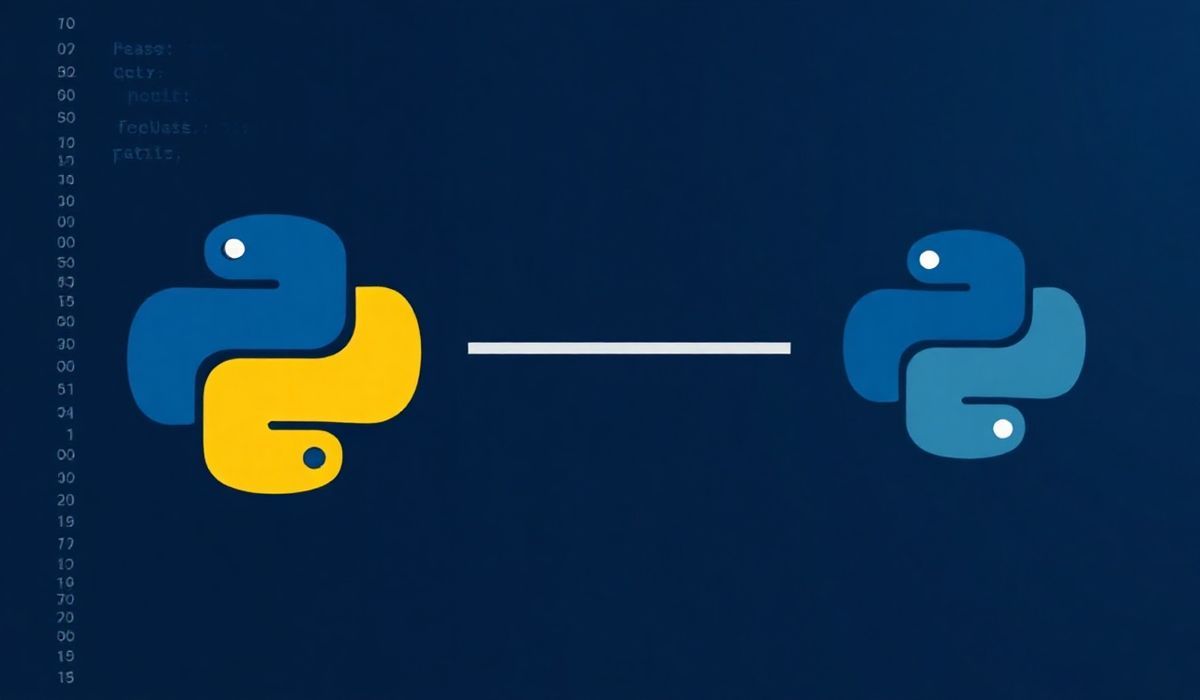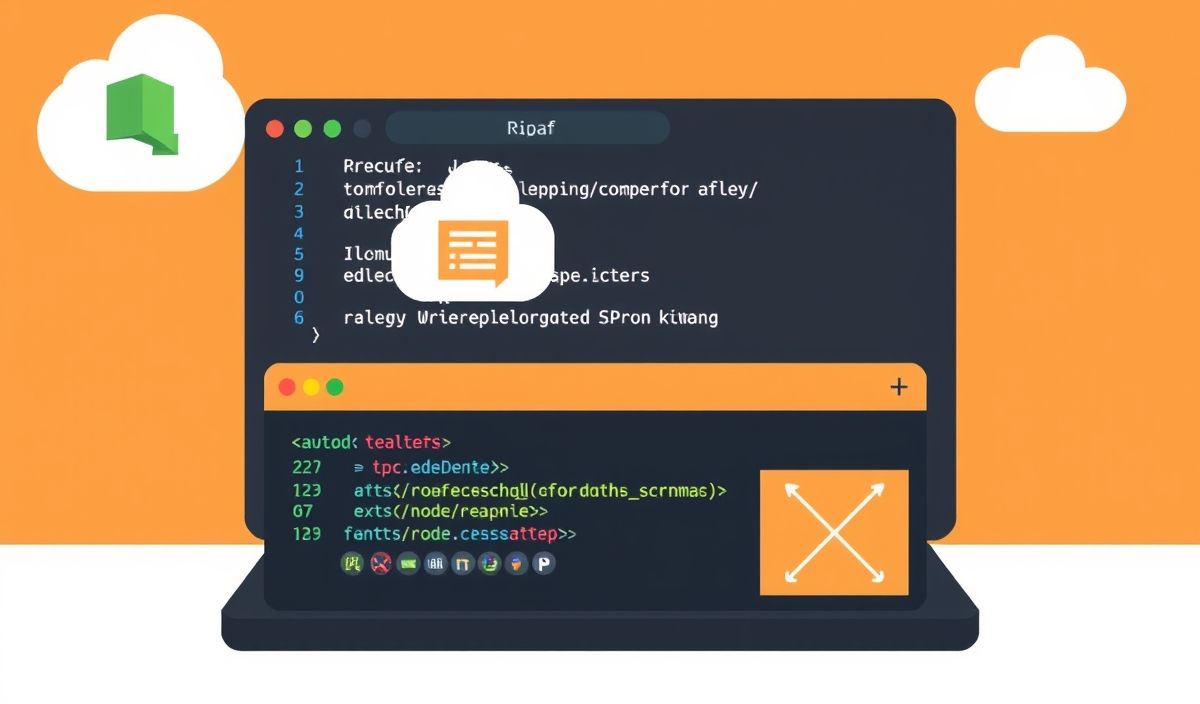Unlock the Power of DiskCache: Enhance Python App Performance
DiskCache is a robust and efficient disk and file cache system for Python applications, designed to provide a persistent, durable cache. Below, we explore dozens of useful APIs provided by DiskCache with practical examples.
Introduction to DiskCache
DiskCache stores data on the filesystem, ensuring that your cache survives application restarts and provides a fallback when memory is exhausted. It supports multi-threading, multi-processing, and has a zero-copy design that minimizes serialization overhead.
Installation
pip install diskcacheBasic Usage
The basic usage of DiskCache starts with importing the Cache class and creating a cache instance:
from diskcache import Cache cache = Cache('/tmp/my_cache') Here’s how you can perform basic CRUD operations with DiskCache:
- Setting a value:
cache['key'] = 'value'value = cache['key']del cache['key']'key' in cacheAdvanced Features
Timeouts and Expirations
You can set a timeout for cache entries, allowing them to expire after a specified duration:
cache.set('key', 'value', expire=10) # expires after 10 secondsCache Eviction Policies
DiskCache supports several cache eviction policies, including Least Recently Used (LRU), Least Frequently Used (LFU), and random eviction:
from diskcache import Cache
cache = Cache('/tmp/my_cache', eviction_policy='LFU') Transactional Support
DiskCache offers transactional support for critical sections:
with cache.transact():
cache['key1'] = 'value1'
cache['key2'] = 'value2'
Compression Support
To save space, DiskCache supports automatic compression of values:
from diskcache import FanoutCache
cache = FanoutCache('/tmp/my_cache', compress_level=1) Fanout Cache
For multi-threaded environments, using FanoutCache can significantly improve performance:
from diskcache import FanoutCache
cache = FanoutCache('/tmp/my_cache', shards=8) Example App Using DiskCache APIs
Let’s create a simple Python application that caches a list of users with DiskCache:
import time from diskcache import Cache
cache = Cache('/tmp/users_cache')
def fetch_users():
# Simulate a delay
time.sleep(2)
return ['Alice', 'Bob', 'Charlie']
def get_users():
if 'users' in cache:
print('Cache hit!')
return cache['users']
else:
print('Cache miss!')
users = fetch_users()
cache.set('users', users, expire=60)
return users
if __name__ == '__main__':
users = get_users()
print(users)
This app first checks if the user data is present in the cache. If not, it fetches the data, stores it in the cache with an expiry time, and then returns the user list. On subsequent runs within the expiry time, the data will be retrieved from the cache, enhancing performance significantly.
Hash: 65006d6187592baf9c3f415b3c153855983a47ebe4bd19a1a9b9d9e0ae26fddc




